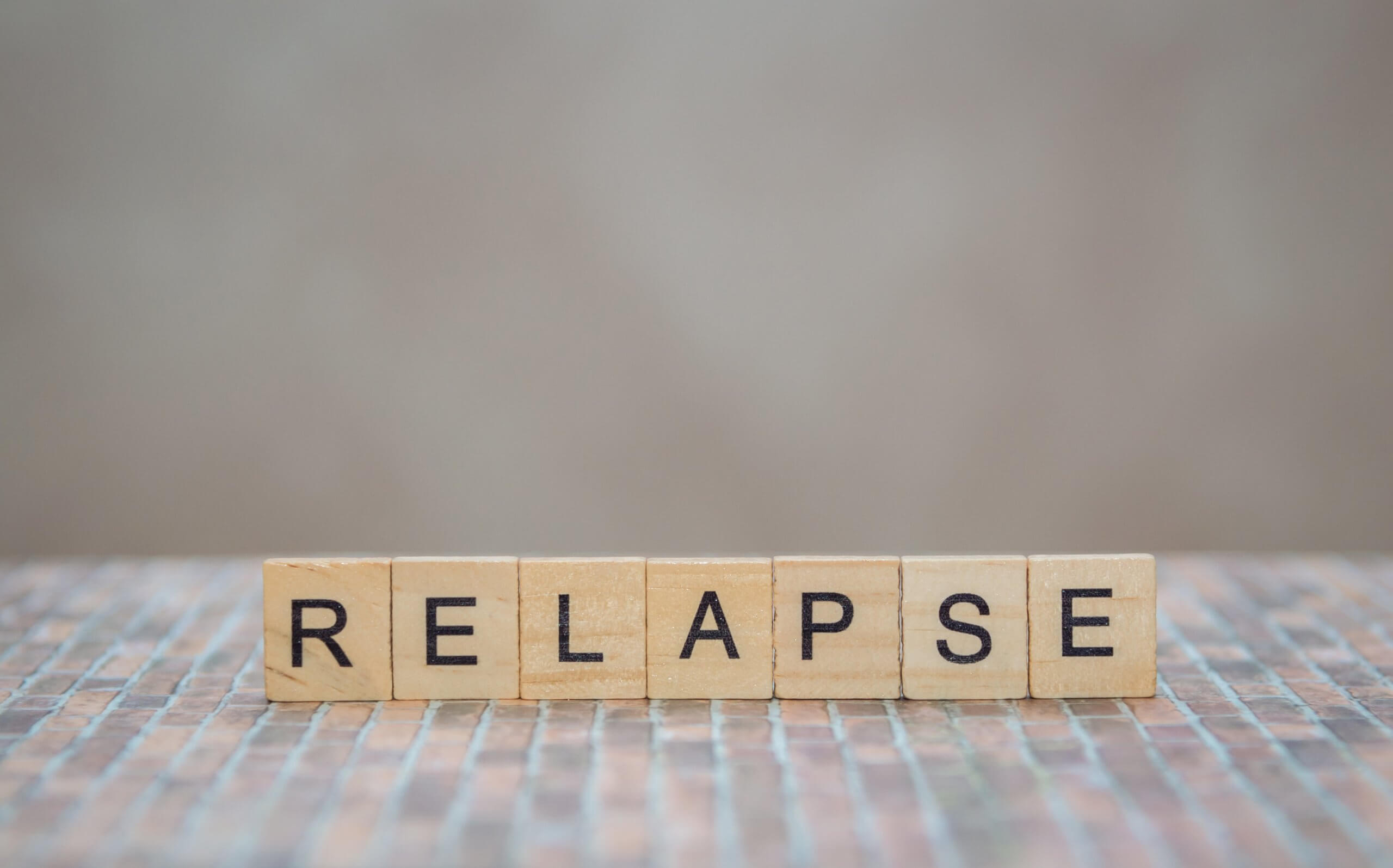Relapse prevention is a critical part of your ongoing recovery. However, preventing relapse is not the only goal in recovery. You also learn healthy ways to live your life and seek new goals as you thrive without drugs or alcohol. As you continue to challenge yourself, you might face unexpected triggers, leading to a relapse. Knowing the warning signs of relapse can increase your awareness to get the support you need and get back on track.
The 3 Stages of Relapse
Relapse is common when treating chronic diseases, like drug or alcohol addiction. According to the National Institute on Drug Abuse (NIDA), “Treatment of chronic diseases involves changing deeply rooted behaviors, and relapse doesn’t mean treatment has failed . . . it indicates that the person needs to speak with their doctor to resume treatment, modify it, or try another treatment.”
Usually, a relapse won’t occur suddenly or overnight. You will likely go through progressive stages of relapse. If you catch these signs early, you can prevent a full relapse from occurring. Relapse occurs in emotional, mental, and physical stages.
Emotional Stage
When you are in this stage of relapse, you have not used drugs or alcohol. You aren’t even thinking about it. Instead, you aren’t dealing with the underlying issues, stress, or negative emotions at the root of your drug or alcohol addiction.
Warning signs during the emotional stage of relapse include:
- Skipping peer support groups
- Attending groups, but not participating or sharing
- Canceling other appointments crucial to recovery, like therapy
- Feeling upset, angry, sad, depressed, or frustrated but keeping these feelings to yourself
When you stop opening up about your emotions, you leave yourself vulnerable to declining mental health and resiliency. As you get back to your everyday life following treatment, the initial positivity of early recovery might start to wear off. Treatment environments can be warm, accepting, and inviting compared to the rest of the world. Sometimes, you can feel overwhelmed with this seemingly harsh reality and start to give up on dealing with your emotions.
Mental Stage
During the mental stage of relapse, you are now thinking about using drugs or drinking to cope with emotional issues that are consuming you. When you don’t deal with your emotions in a healthy way or with continued treatment, your mind will drift back to familiar habits and routines.
Warning signs during the mental stage of relapse include:
- Minimizing the severity of your addiction. You might think, “It really wasn’t that bad” or “I’m sure I can control it now — I’ve finished treatment.”
- Thinking about people and places associated with your addiction, like bars you once frequented or people you used drugs with.
- Glorifying your past behaviors when you were addicted or under the influence.
- Telling yourself that you can have “just one hit” or “just one beer for my birthday — I’ve been good.”
- Trying to think of ways to use or drink under control, like “I’ll just buy a single bottle of beer” or “I’ll only buy enough cocaine for one hit.”
- Creating a mental plan to use drugs or drink alcohol again.
From time to time, you will get these thoughts. After all, you can’t expect yourself to not think about people from your past or the places familiar to you. While these thoughts might come up occasionally, when you are obsessing about drug or alcohol use and planning ways to use again, you could be in danger of physical relapse.
Physical Stage
A physical relapse occurs when you use drugs or drink again after a period of sobriety. You might be sober for two weeks or ten years. Either way, once you use or drink again, you might regress to the same patterns of behavior that led to your substance use disorder.
Physical relapse is what you probably think about first when you hear the word “relapse.” Remember that your relapse might begin long before you even think about using again. If you notice relapse during the emotional and mental stages, you can take action to prevent a physical relapse.
What Are Relapse Triggers?
Relapse triggers are internal feelings or external events that would cause you to drink or use in the past. These triggers could be stressors, people, places, events, or negative feelings. During treatment, you can address the underlying causes of your addiction to understand your triggers.
Not everyone in recovery has the same relapse triggers or strategies to deal with them. You might need to avoid certain places or people. In other instances, you might need to learn how to cope with these things during your life if your triggers are unavoidable.
Warning signs of relapse might follow being exposed to or experiencing one of your relapse triggers. Sometimes, all of your triggers aren’t clear to you, even after treatment. If you start to experience relapse warning signs, you might need to work backward to understand the trigger.
Relapse Prevention in Denver, CO
Preventing relapse is a significant aspect of drug and alcohol addiction treatment. Sometimes, continuing with outpatient services after detox or inpatient rehab can help guide you through early recovery as you transition back to everyday life. Continuum Recovery Center of Colorado is here to help you or your loved one learn to prevent relapse or get back to treatment if a relapse occurs. Call us today or visit our admissions page to learn more.



